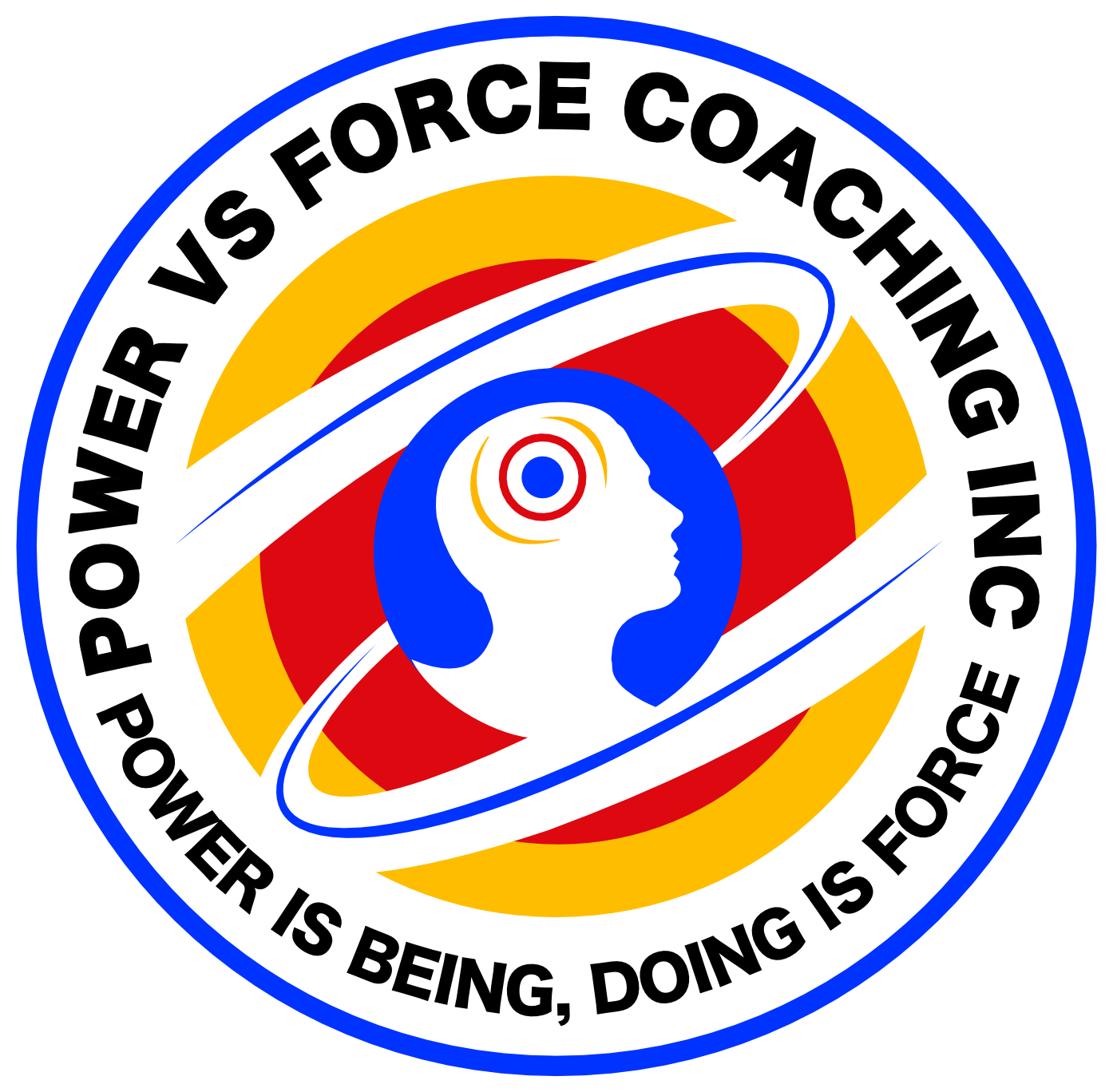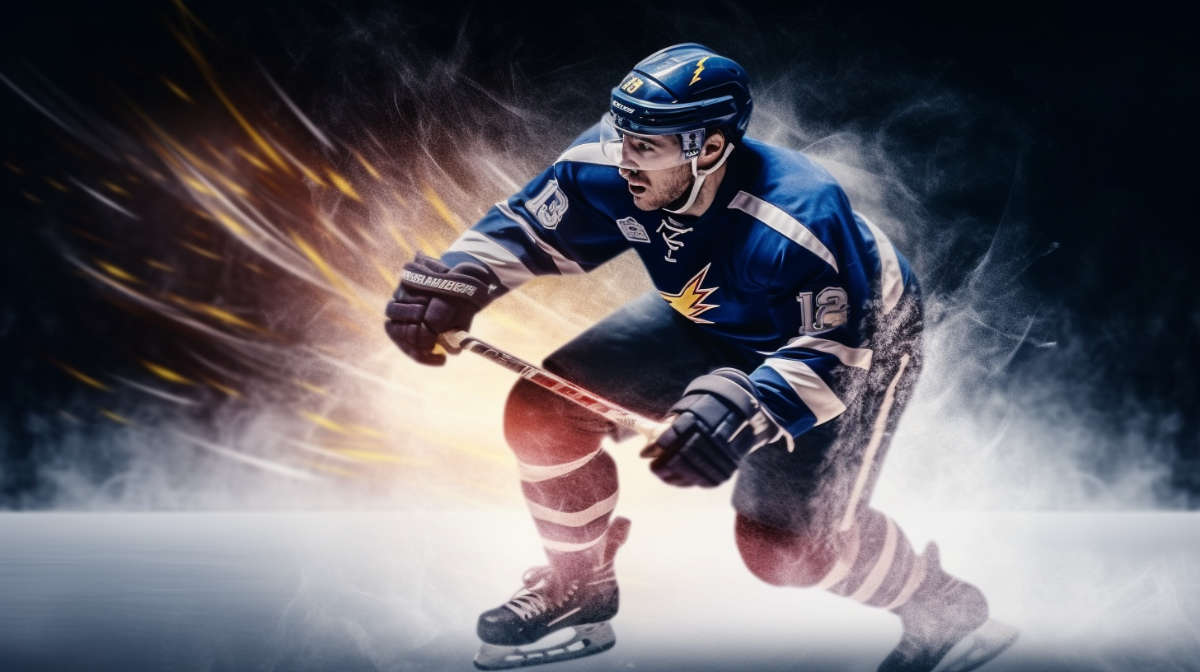As a hockey player, you know that the game requires a high level of physical and mental fitness. You need to be quick, agile, and have lightning-fast reflexes to keep up with the fast-paced game. However, what many players fail to realize is that their performance on the ice is closely linked to their
energy levels off the ice.
Your energy is your most valuable resource, and you need to manage it effectively both on and off the ice. In this blog, I will discuss why managing your energy is critical to your performance as a hockey player and provide some tips on how to do it effectively.
- Your Energy Levels Impact Your Physical Performance
As a player, your physical performance, is critical to your success. Your energy levels can have a significant impact on your physical performance. When your energy levels are high, you can move faster, react quicker, and execute plays with greater ease. When your energy levels are low, you may
find it difficult to perform at your best, and your movements may lack the speed and precision required for success.
One of the main factors that affect your energy levels is your sleep. Sleep is critical for restoring your energy levels and ensuring that your body and mind are ready for the challenges of the day. When you don’t get enough sleep, your body doesn’t have enough time to rest and recharge, leading to lower energy levels.
To ensure that you are getting enough rest, aim to get at least 7-8 hours of sleep per night. If you are having trouble sleeping, try to establish a regular sleep schedule, avoid caffeine, and create a relaxing sleep environment. - Your Energy Levels Impact Your Emotional State
Your emotional state is also critical to your success as an ice hockey player. When you are in a positive emotional state, you are more likely to be confident, focused, and motivated. When your energy levels are low, you may experience negative emotions such as anxiety, frustration, or self-doubt. These emotions can significantly impact your ability to perform well on the ice,
leading to mistakes or missed opportunities.
To maintain a positive emotional state, it’s essential to manage your stress levels effectively. High levels of stress can drain your energy levels and impact your emotional state and mental clarity. Find ways to manage your stress, such as practicing mindfulness, deep breathing, or taking breaks throughout the day.
- Your Energy Levels Impact Your Mental Clarity
As a hockey player, mental clarity, is critical for success. You need to be able to focus your mind on the game, block out distractions, and make quick decisions under pressure. When your energy levels are low, you may find it challenging to maintain mental clarity, leading to mistakes or errors in your performance.
One of the most effective ways to improve mental clarity is to engage in regular physical activity. Exercise can help to boost your energy levels and improve your overall health and well-being. Make sure to engage in regular physical activity, such as skating or other forms of exercise, to support your energy levels and physical performance.
Seven Tips on How to Manage Your Energy Effectively
- Get Enough Sleep
As mentioned earlier, sleep is critical for restoring your energy levels and ensuring that your body and mind are ready for the challenges of the day. To ensure that you are getting enough rest, aim to get at least 7-8 hours of sleep per night. However, be aware if more is needed. - Eat A Healthy Diet
What you eat has a significant impact on your energy levels. A diet that is rich in whole, nutrient-dense foods can help to stabilize your blood sugar levels and provide you with sustained energy throughout the day. Make sure to eat plenty of fruits, vegetables. - Hydrate Properly
Proper hydration is essential for maintaining your energy levels. Dehydration can lead to fatigue, confusion, and poor physical and mental performance. Make sure to drink plenty of water throughout the day, especially during training and games.
- Take Breaks
Taking breaks throughout the day can help to prevent burnout and keep your energy levels high. Short breaks can help to reduce stress, increase productivity, and improve your overall well-being. Take a few minutes to step away from your training or work, take some deep breaths, stretch, or meditate. - Manage Your Stress
Stress can significantly impact your energy levels and overall well-being. Find ways to manage your stress, such as practicing mindfulness, deep breathing, or taking breaks throughout the day. Make sure to prioritize self-care activities such as exercise, hobbies, or spending time with loved ones. - Build A Support Posse
Having a support posse can help you manage your energy levels and overall well-being. Surround yourself with positive people who encourage and support your goals. Find a mentor or coach who can provide guidance and support as you work towards your goals. - Set Realistic Goals
Setting realistic goals can help you manage your energy levels and maintain your motivation. Make sure to set goals that are challenging but achievable. Break down larger goals into smaller, more manageable steps, and celebrate your successes along the way.
As an ice hockey player, managing your energy is critical to your success on and off the ice. Your energy levels impact your physical performance, emotional state, and mental clarity. By managing your energy effectively, you can improve your overall well-being and performance, leading to greater success on the ice.
Remember to prioritize rest, exercise, and self-care activities, and find ways to manage your stress effectively. Set realistic goals and surround yourself with a supportive community that can help you stay motivated and focused on your goals. With consistent effort and dedication, you can manage your energy levels effectively and achieve your goals as a hockey player.





